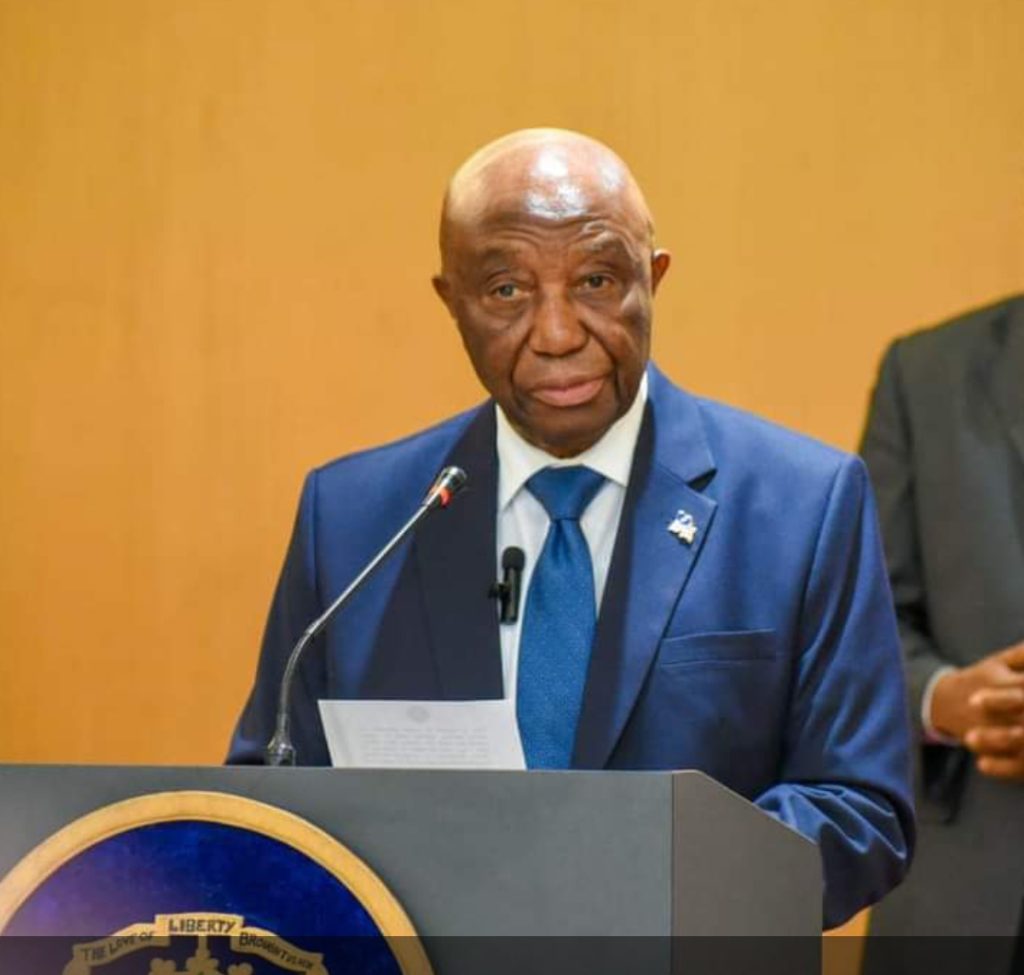On October 14, 2024, President Joseph Boakai of Liberia introduced Executive Order#136 to establish a National Railway Authority (NRA) through a continuation of the earlier Executive Order#112. This decision comes amidst a recognition of the vital role that rail transport plays in the nation’s development, particularly for the mining sector and the efficient transport of both passengers and goods. According to the President, the NRA aims to set policies for rail transport while ensuring proper governance and management of rail assets, which are important for both economic growth and adherence to international standards.
The newly proposed NRA will be responsible for creating regulations that govern the use of existing rail facilities in Liberia. This will include appointing qualified rail regulators, who will oversee maintenance, operation, management, and planning of Liberia’s infrastructure assets. The rail regulator’s role is multifaceted, focusing on ensuring equitable access and safe, efficient usage of rail assets in line with the rights of eligible users. By doing so, the government aims to create an environment that resonates with international best practices and promotes transparency in rail operations.
In addition to establishing regulatory frameworks, Executive Order#136 outlines the need to set up proper offices dedicated to the operation of the NRA. This includes appointing key personnel such as a Managing Director, a Deputy Managing Director for Administration, and a Deputy Managing Director for Operations, all of whom will be selected by the President. The operations of the NRA will be financially supported through fees collected from users of the National Railway Assets, thereby creating a self-sustaining structure for the administration of rail transport.
Moreover, the Executive Order calls for the drafting of a National Rail Authority Act, which will be forwarded to the Legislature for its approval. This act is envisioned as a legislative measure to formalize the establishment of the NRA and provide a legal framework for its existence and operations. By creating this legal standing, the Authority can address any disputes that arise from its implementation or from existing agreements with stakeholders in the railway sector. The intent is to ensure that all operations adhere to established laws and guidelines, promoting a sense of fairness and equity among all users.
Importantly, President Boakai emphasized that the new Executive Order would not undermine the rights of existing eligible users as derived from prior agreements with the government. Instead, he reassured that the new regulation would work in conjunction with these existing rights, ensuring that they are promoted and preserved under the newly established governance framework. This demonstrates a commitment to maintaining operational integrity within the railway sector while fostering an environment conducive to growth.
The Liberian government’s commitment to enhancing and developing its National Rail Assets reflects an understanding of the strategic importance of the railway system in facilitating economic activities. By creating a regulatory authority that prioritizes fairness and efficiency, the government aims to invite a broader range of users to participate in the railway system. This multi-user approach not only supports the mining sector, which is critical to the economy, but also positions rail transport as a viable option for the movement of goods and people, ultimately contributing to the overall progress of Liberia.


